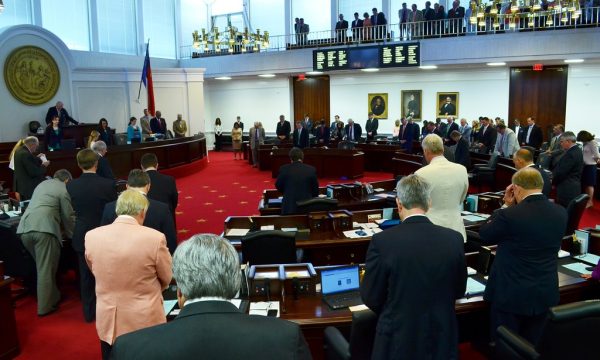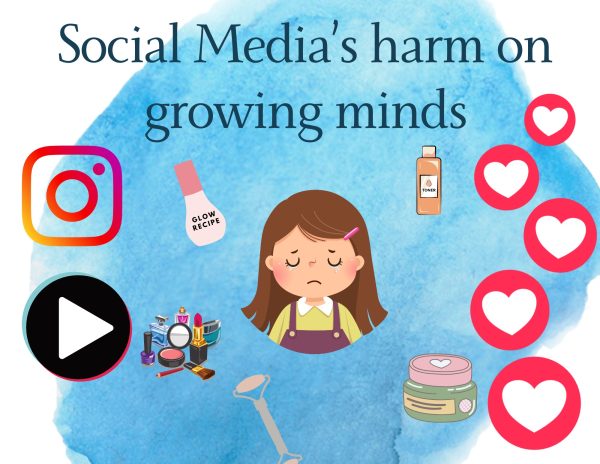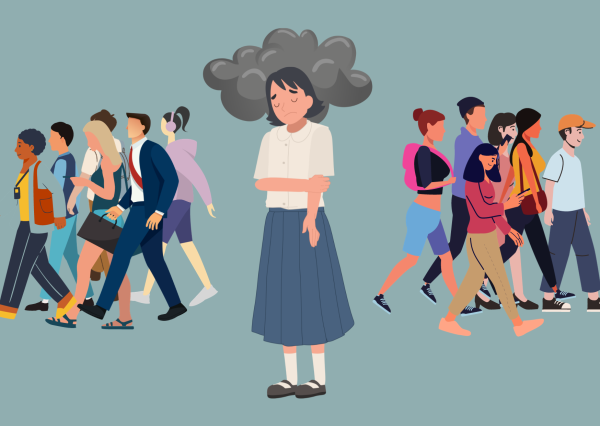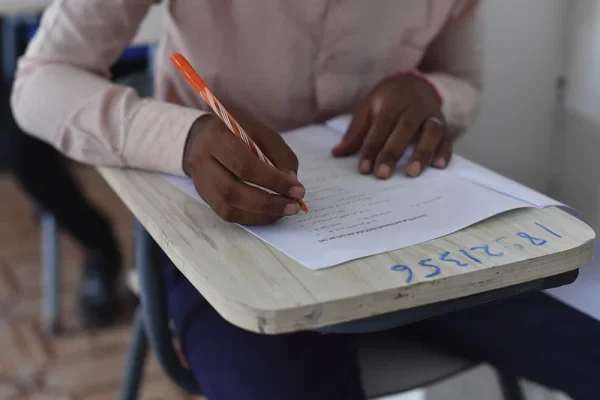Is It Her Fault?
Victim Blaming and Rape Culture in America

Gabriella Kluch
May 31, 2018
As a student in America, I’m no stranger to the ongoing eruption of school shootings. The most recent school shooting that hit breaking news was March 18, 2018, at Santa Fe High School, Texas, WashingtonPost.com and numerous other news websites reported. Another white man shot up another school. This time, ten people died. Two were teachers, and eight were students. See how I said “this time”? School shootings in America happen this much, that I actually have to be specific about which shooting I’m talking about. When word about what spurred the shooting came out, it opened another terrifying door into how the public responds to such horrific events.
One of the victims’ mothers stated that her daughter, Shana Fisher, had been rejecting the shooter’s repeated advances for four months, according to BBC.com. People’s responses to the news about Shana Fisher were disgusting. Many Americans, specifically men (which I couldn’t help noticing), began bringing up something that I, as a young woman in America, knew was coming the minute word of the rejection got out. If she had just said yes, this wouldn’t have happened. Please allow me to tell you what is so wrong with that statement.
Why should she have said yes to someone she’s not interested in? Boys reject girls all the time, but I haven’t heard of a female shooter. No means no. If he had made continuous, unwelcome advances on a fellow student for four months, why should she have said yes?
What made him think he should be in a relationship with her after being repeatedly told no? Was it the male sense of entitlement that seems to be instilled in generation after generation, where young men essentially feel as though they deserve something that wasn’t theirs to begin with? Women are not objects or something men should feel entitled to.
How could she have known what would have happened? Blaming her for the shooter’s pathetic inability to handle rejection – and in fact, her rejection of his harassment – isn’t just unfair, but downright disrespectful. No one, man or woman, should have to say yes to someone they do not like for fear of being murdered.
Blaming women for abuse from men is never okay, nor the opposite. Part of rape culture is that it isn’t just women being affected. When male victims of rape/sexual assault share their stories, they’re ridiculed for “letting a girl” do that to them, or congratulated for “getting some”. When women come forward to report rape, they often are not believed and now have to fear further harm from their abuser.
Consequences for rape need to be much harsher, we cannot let the Brock Turners of the world walk away unscathed, much like he did. White, straight, rich male entitlement is truly terrifying because it not only facilitates their abuse of women, but it is also used to justify rape. Justifying rape is never acceptable, anywhere, at anytime. O
ne of the first steps to tackling the issue of rape culture is addressing it. Talking about it, calling out rape jokes, hammering the necessity of consent into people’s heads, and issuing legitimate punishments to those who commit such disgusting crimes. Victim blaming is part of rape culture, and public response to word of Shana Fisher’s was a prime example of such. We cannot allow the public to lay the weight and guilt of the abuser on the victim. Victim blaming only enforces an oppressive, gut-wrenching system that is already manifested in a way that it can be hard to notice. But we need to notice it, because victim blaming is never excusable.














